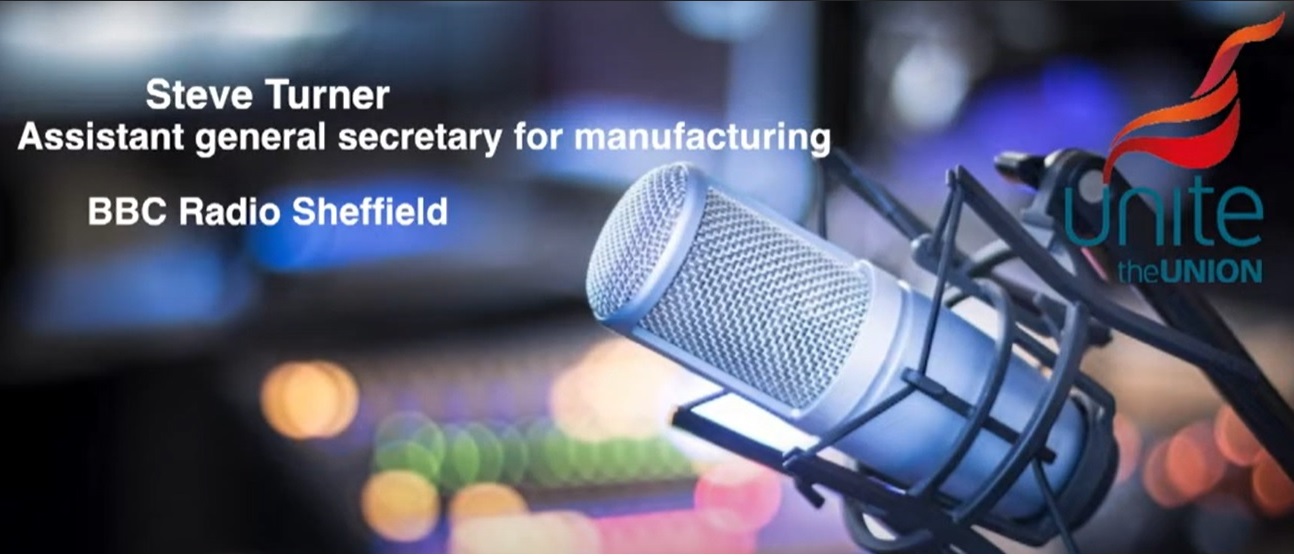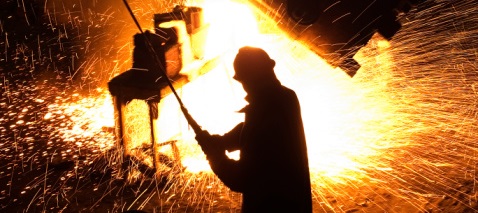Too little, too late
The UK steel industry has received much needed support, as the UK was given EU state aid approval to give green tax rebates for energy-intensive industries.
The aid package will be worth hundreds of millions in total – the department for business, innovation and skills estimates the deal to total £380m, while the EEF manufacturers’ association estimates £300m.
Energy-intensive industries, such as steel, chemicals and paper, have long argued for relief from green taxes, which they say has put them at a disadvantage to international competitors who do not face such taxes.
But Unite has warned that the move is too little, too late for steelworkers crying out for decisive government action to save an industry that’s been brought to its knees.
“The government has dragged its heels on this and it’s all very late, too late for those 2,000 workers at Redcar who face a very uncertain Christmas and New Year,” said Unite head of media Alex Flynn.
Since this summer, nearly 5,000 steel jobs have been axed, with the steelworks in Redcar being permanently shuttered in October after the government refused to intervene and the coke ovens went cold.
Flynn argued that the government’s action on green taxes now would not have happened had it not been for steel unions’ pressure.
“The only reason the government felt forced to do anything was because of the collaboration between the unions and the steel industry bodies,” Flynn said.
Director of UK Steel Gareth Stace echoed Flynn’s concerns.
“This is a hugely significant and welcome announcement, but this is far from job done,” Stace told the Guardian. “The dumping of Chinese steel continues and must be stopped.”
“The business secretary has done well to deliver this first stage of the state aid package,” he added. “But the government cannot afford to let up on ensuring that all major procurement projects, from rail to tidal barrages and airports, all use British steel to give this vital UK industry confidence for the long term.
“And ministers can do more by reforming business rates to exclude some of the penalties steel companies and others face if they invest in plant and machinery.”
Unite has long called for the government to have a strong industrial strategy for manufacturing, with public procurement at its heart, to boost local economies and the wider economy as a whole.
Read more about Unite’s industrial strategy proposals here.
 Like
Like Follow
Follow


